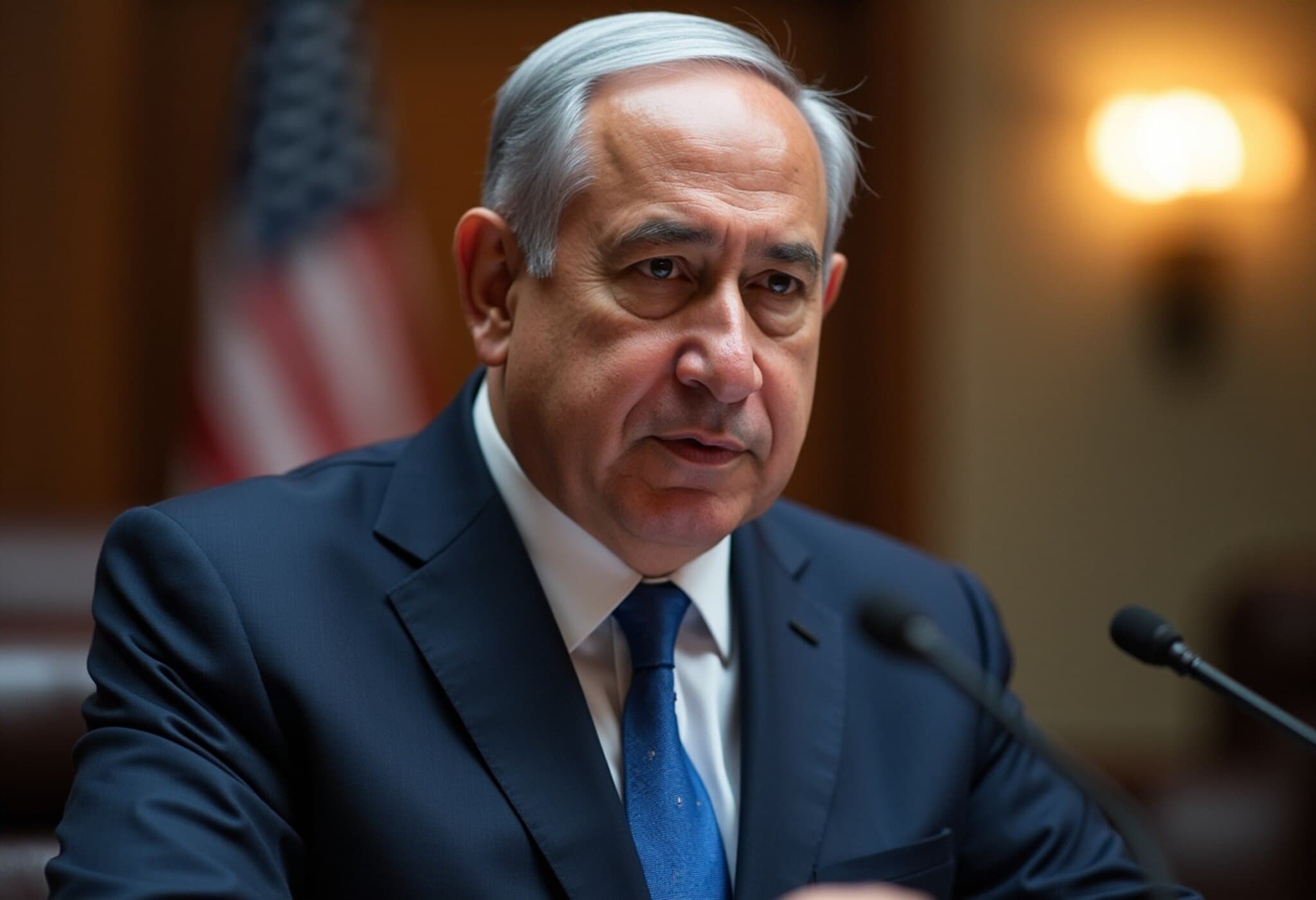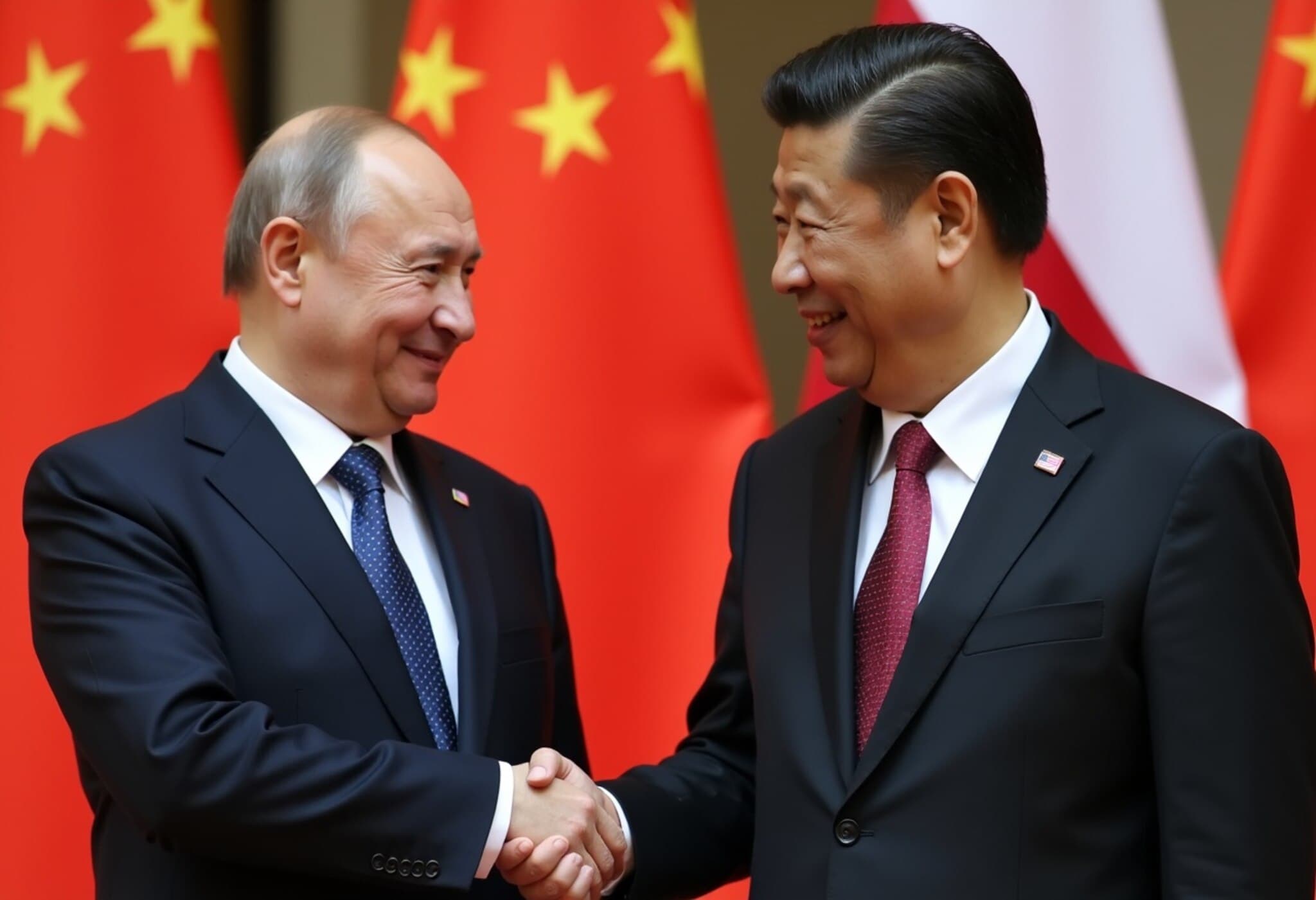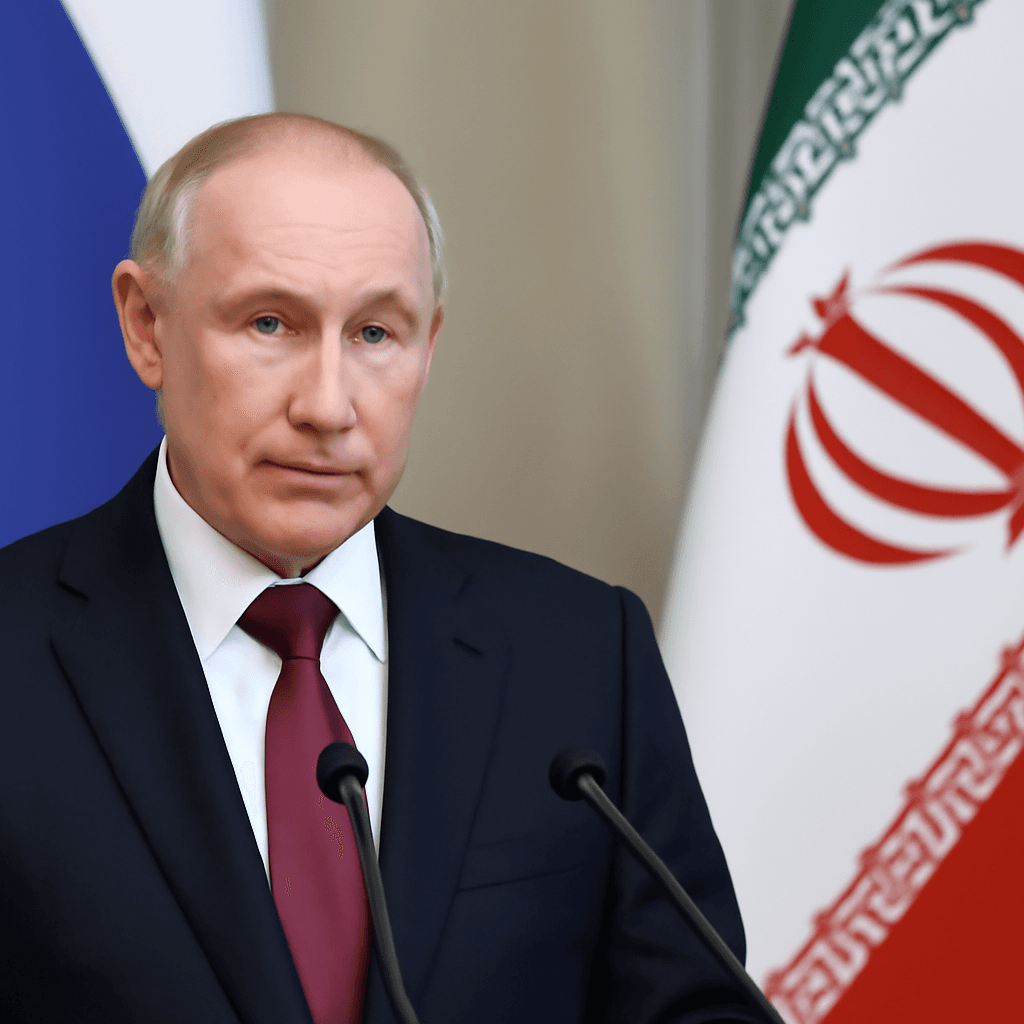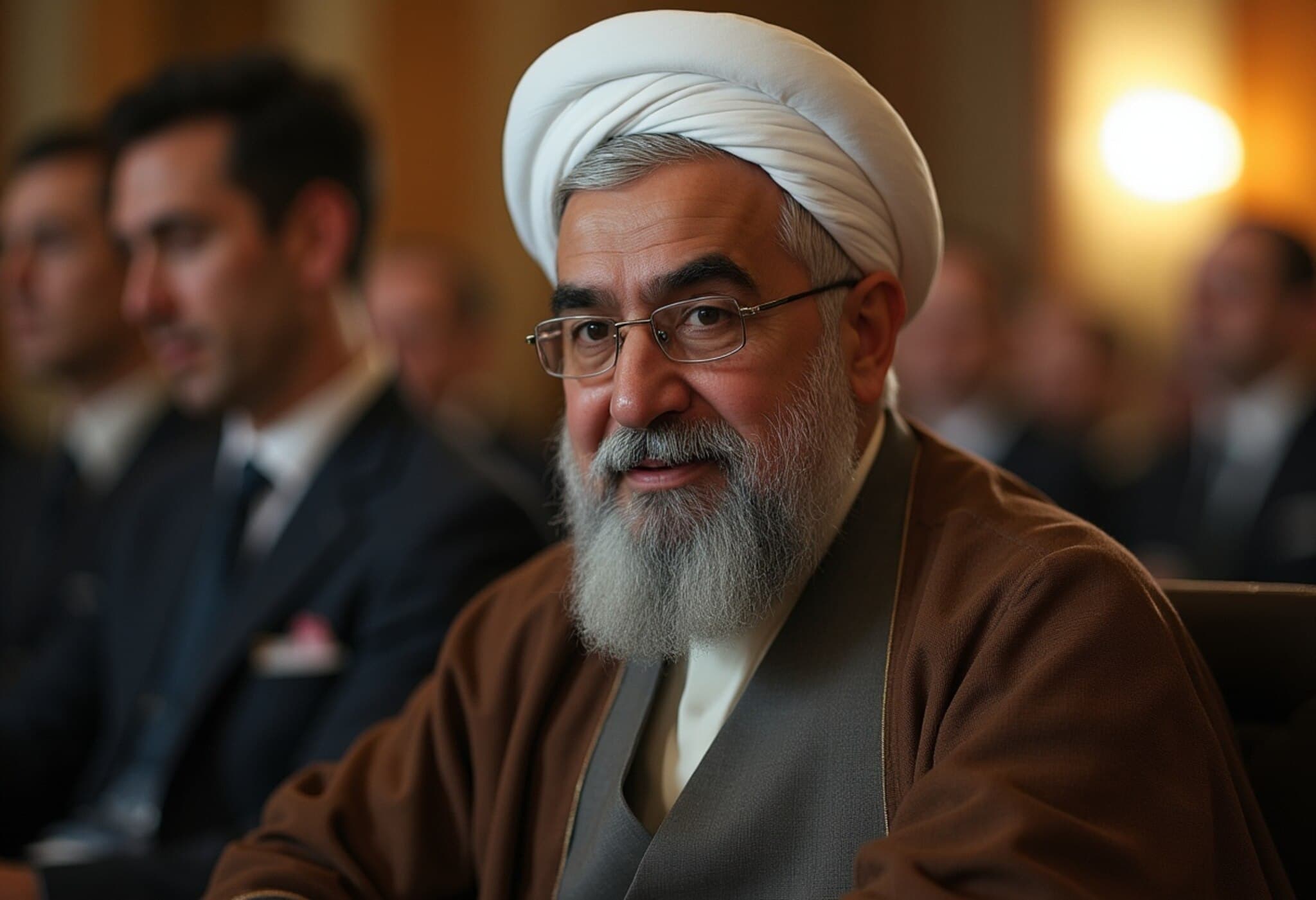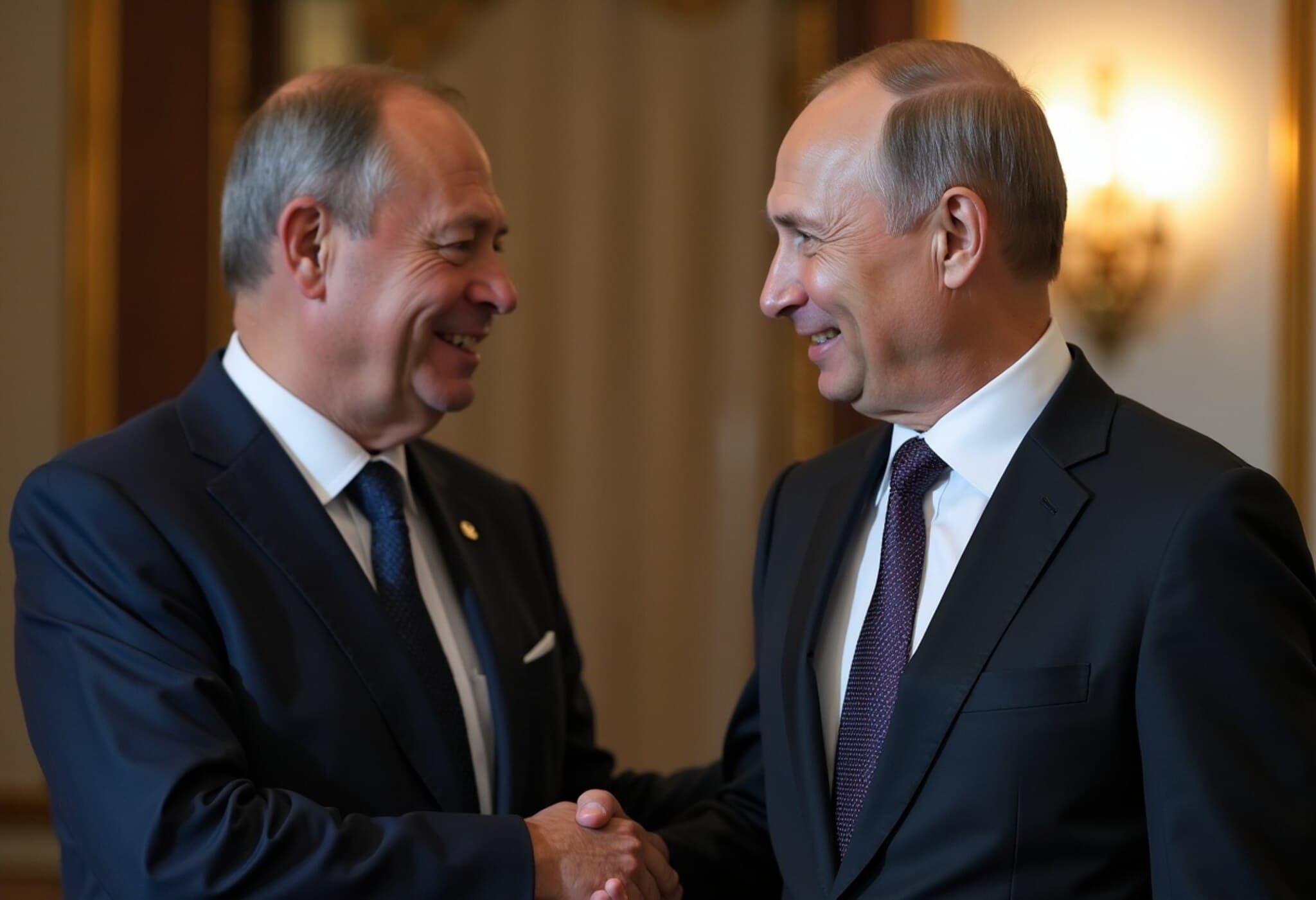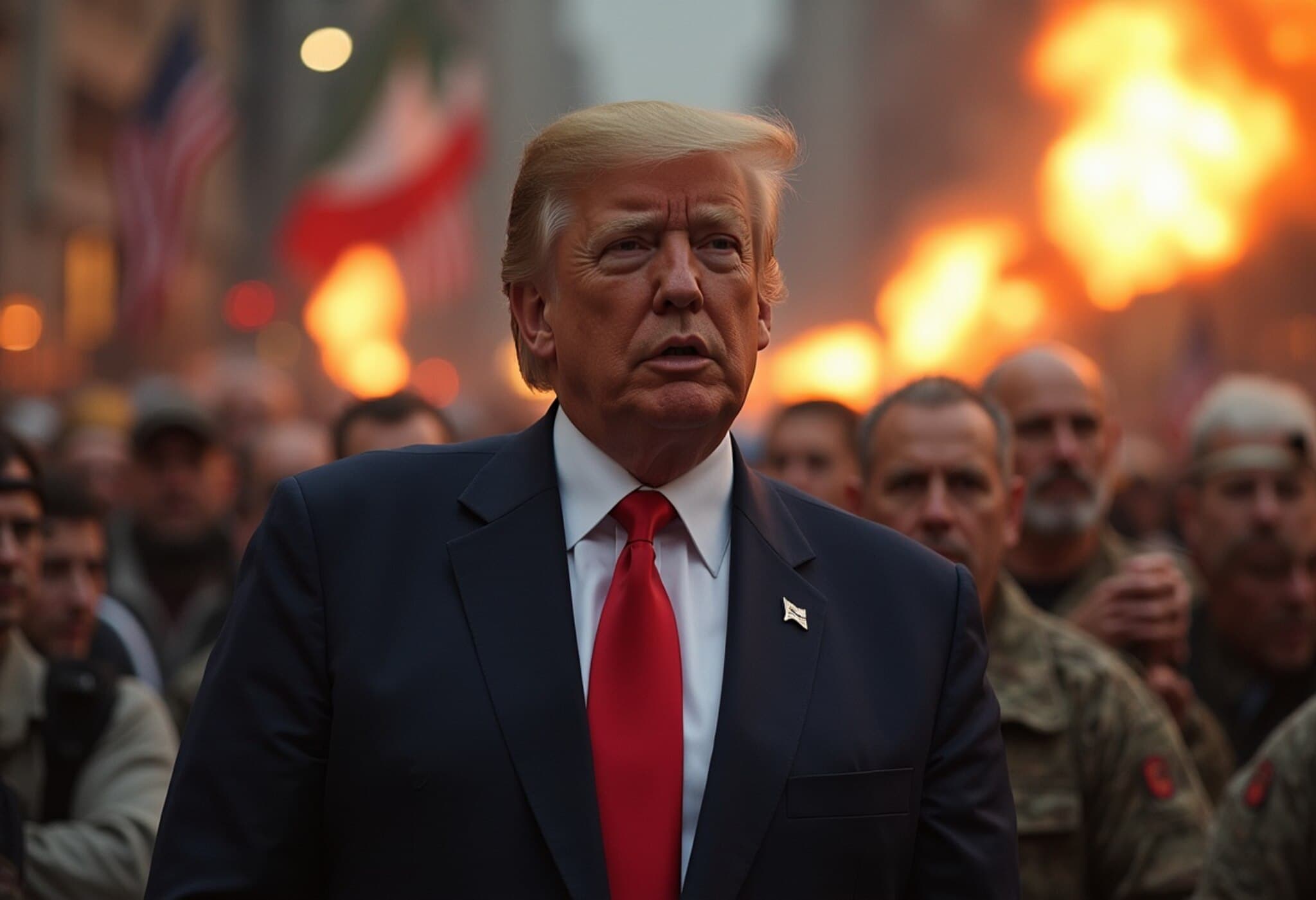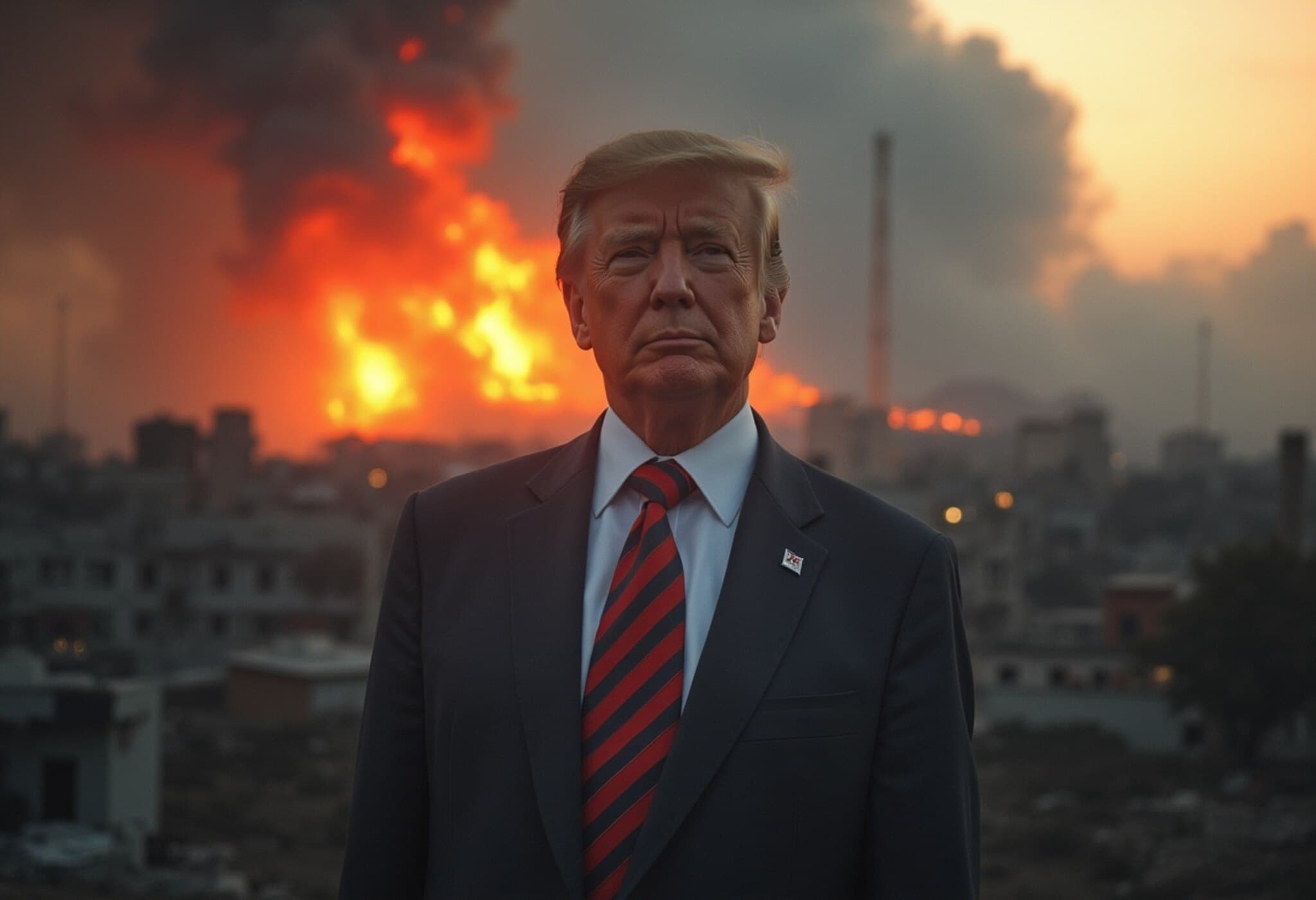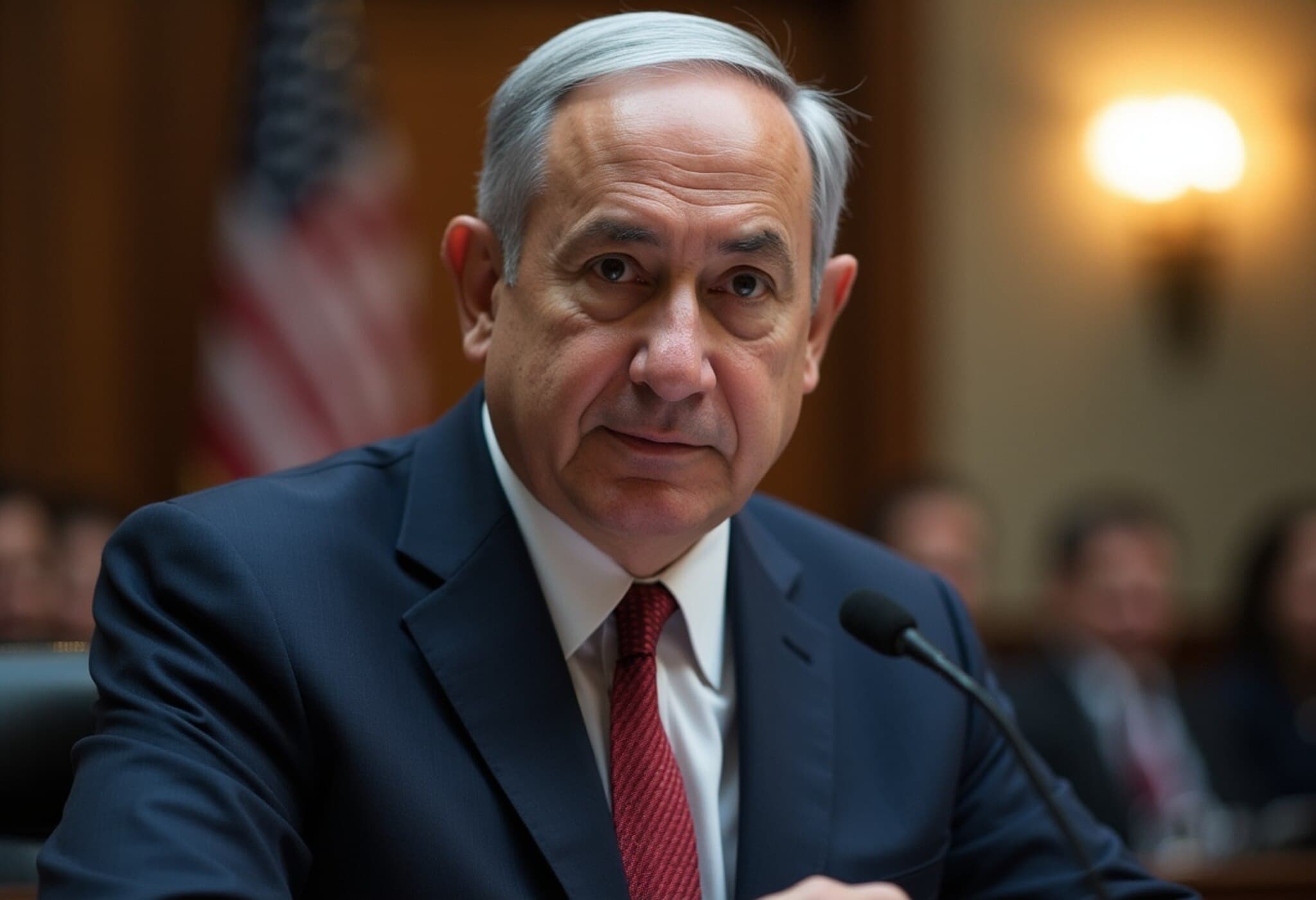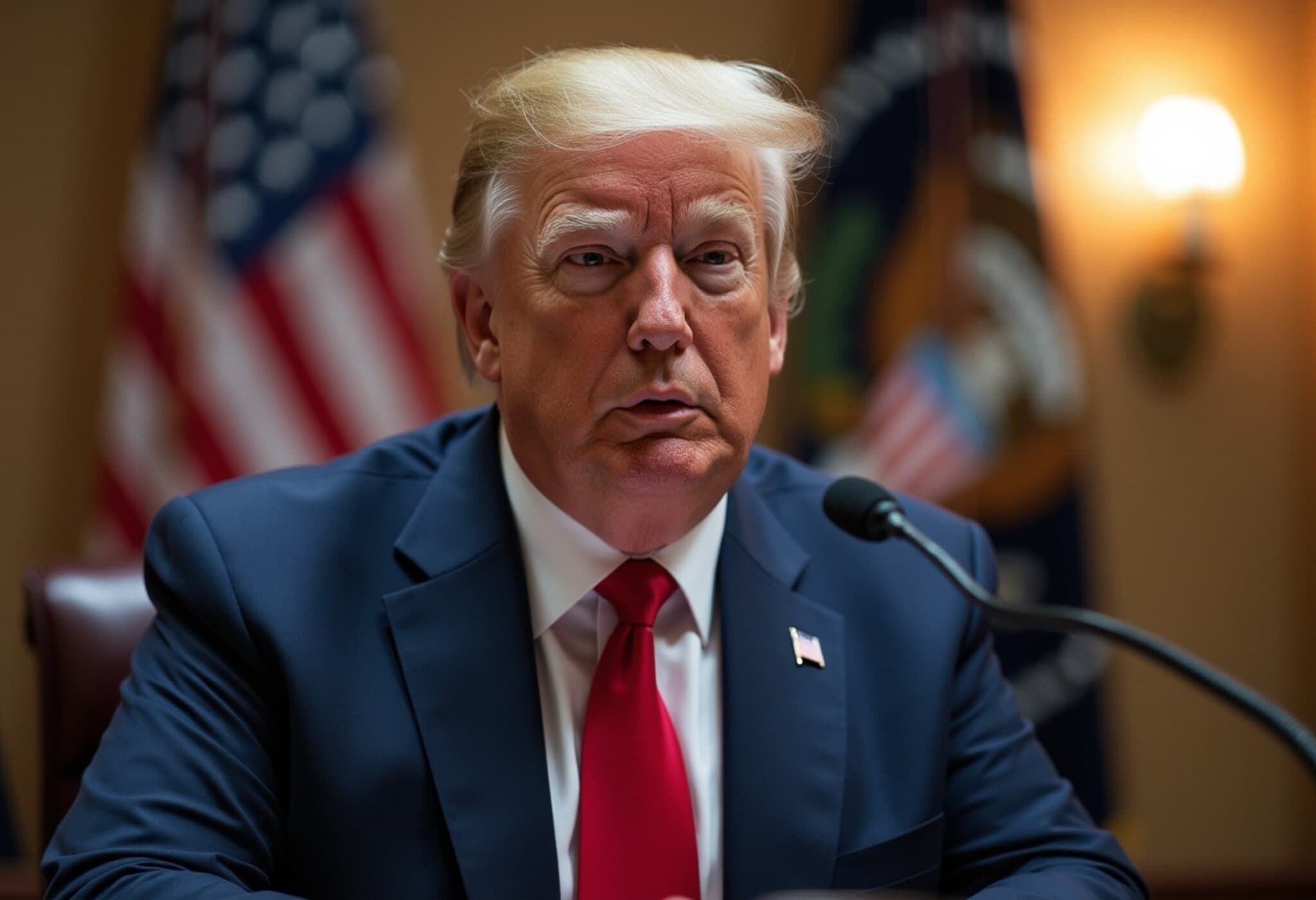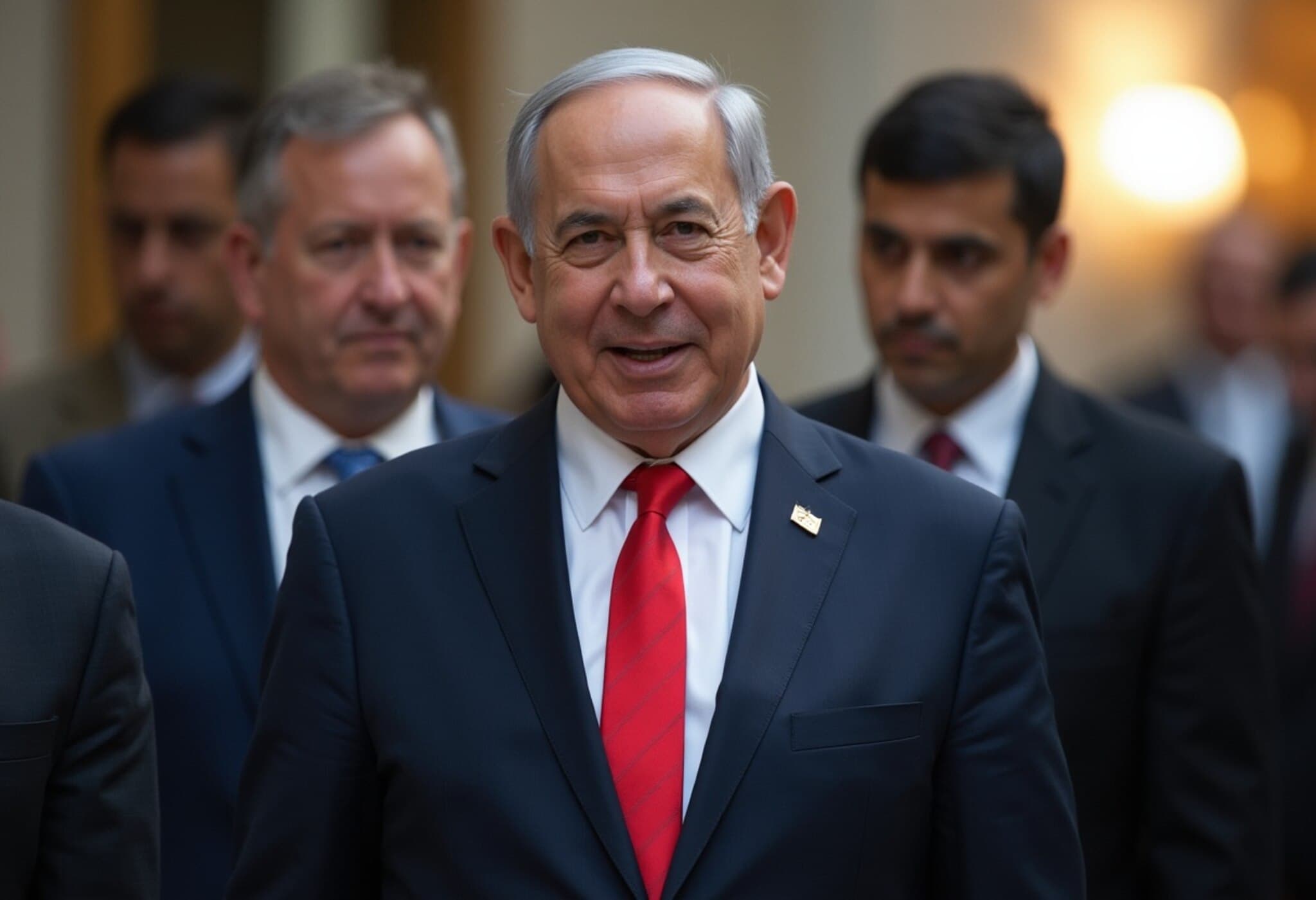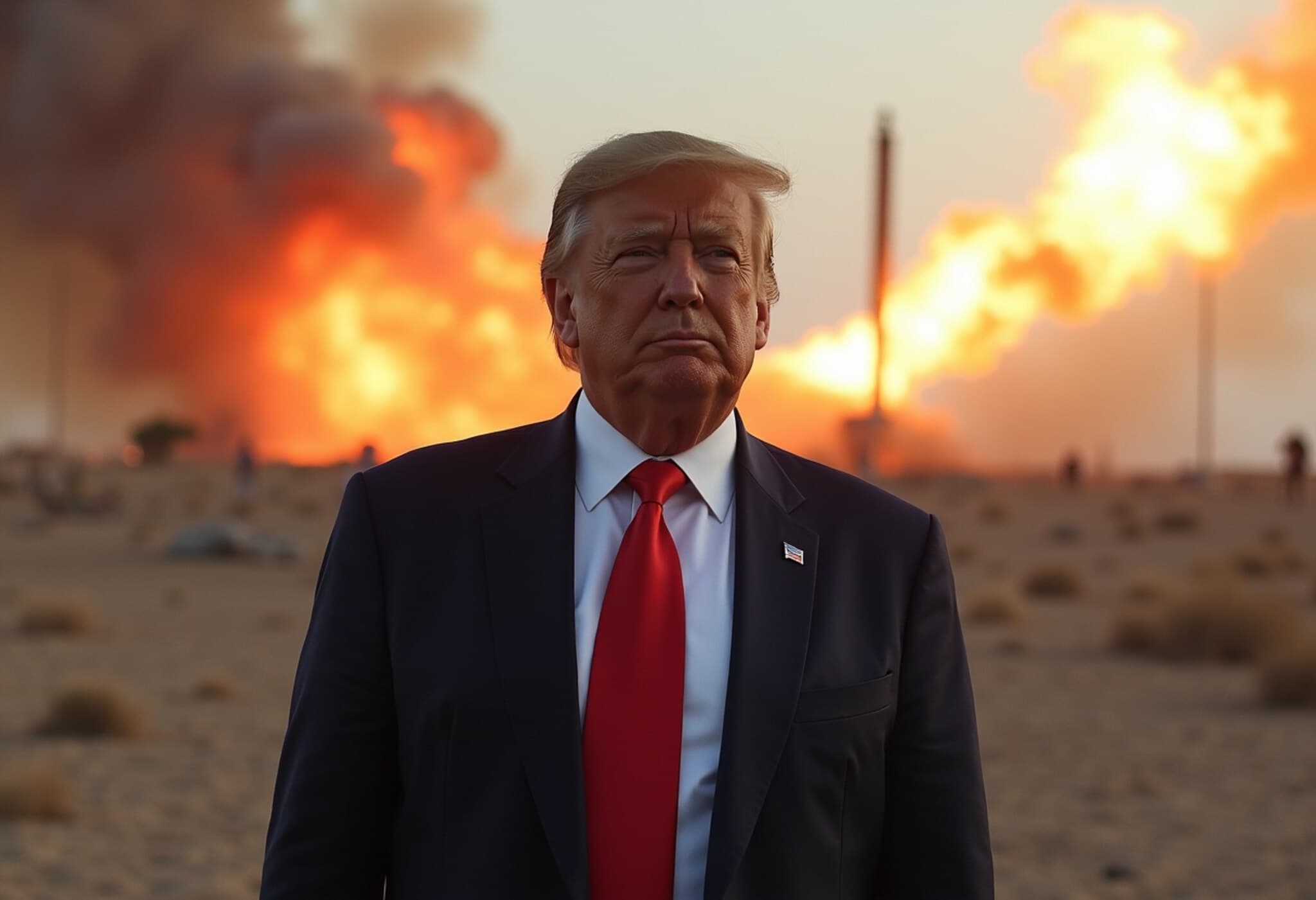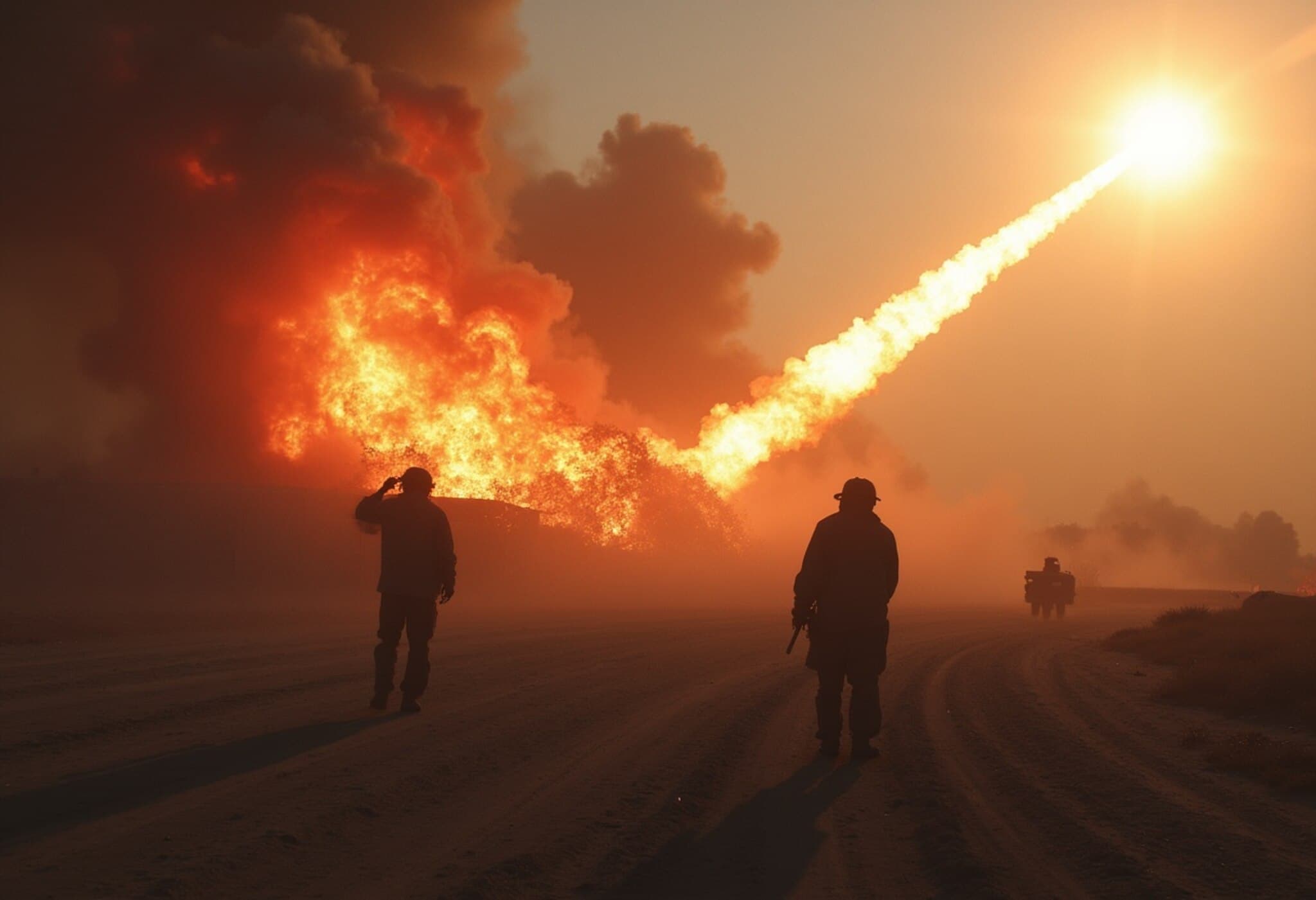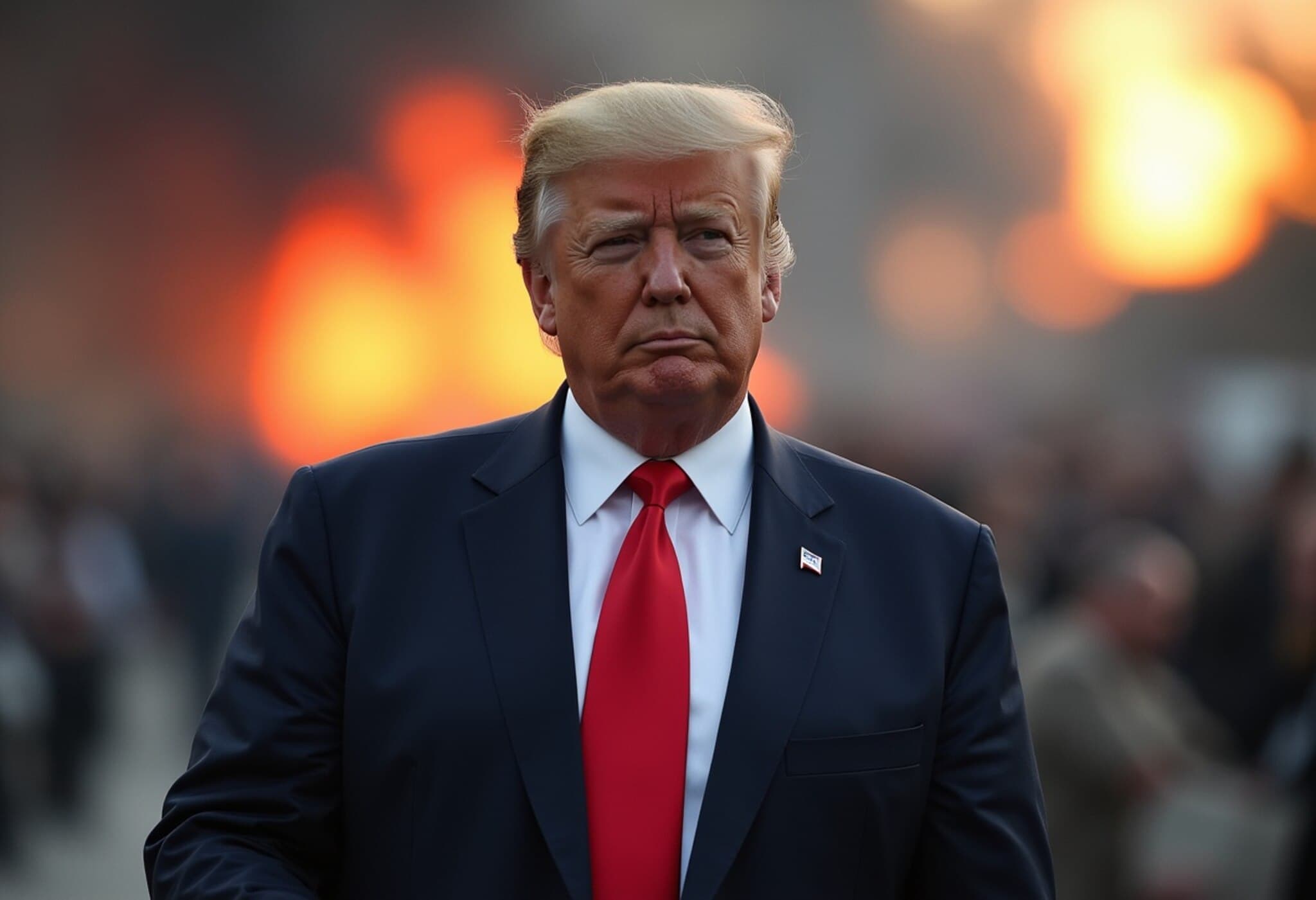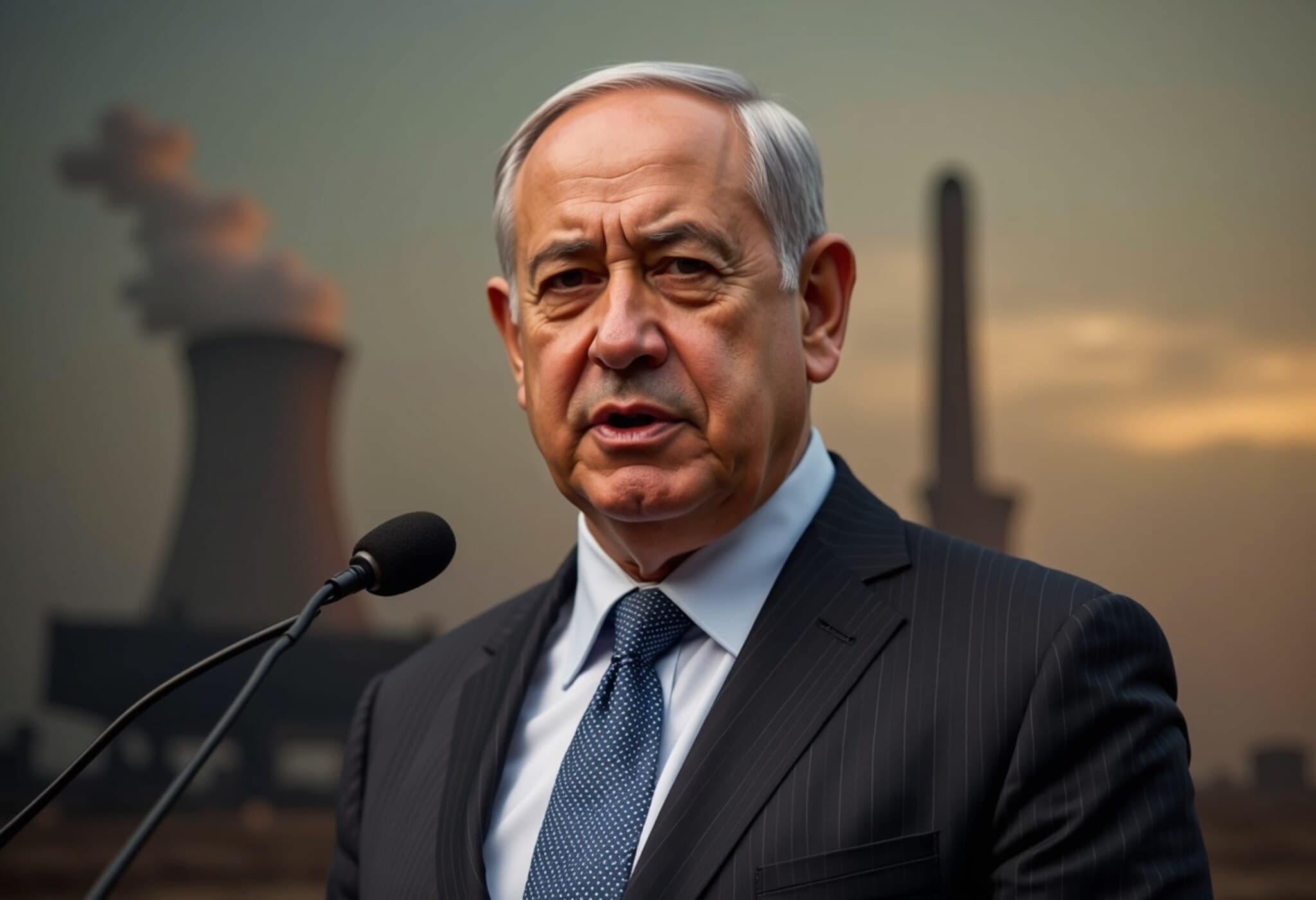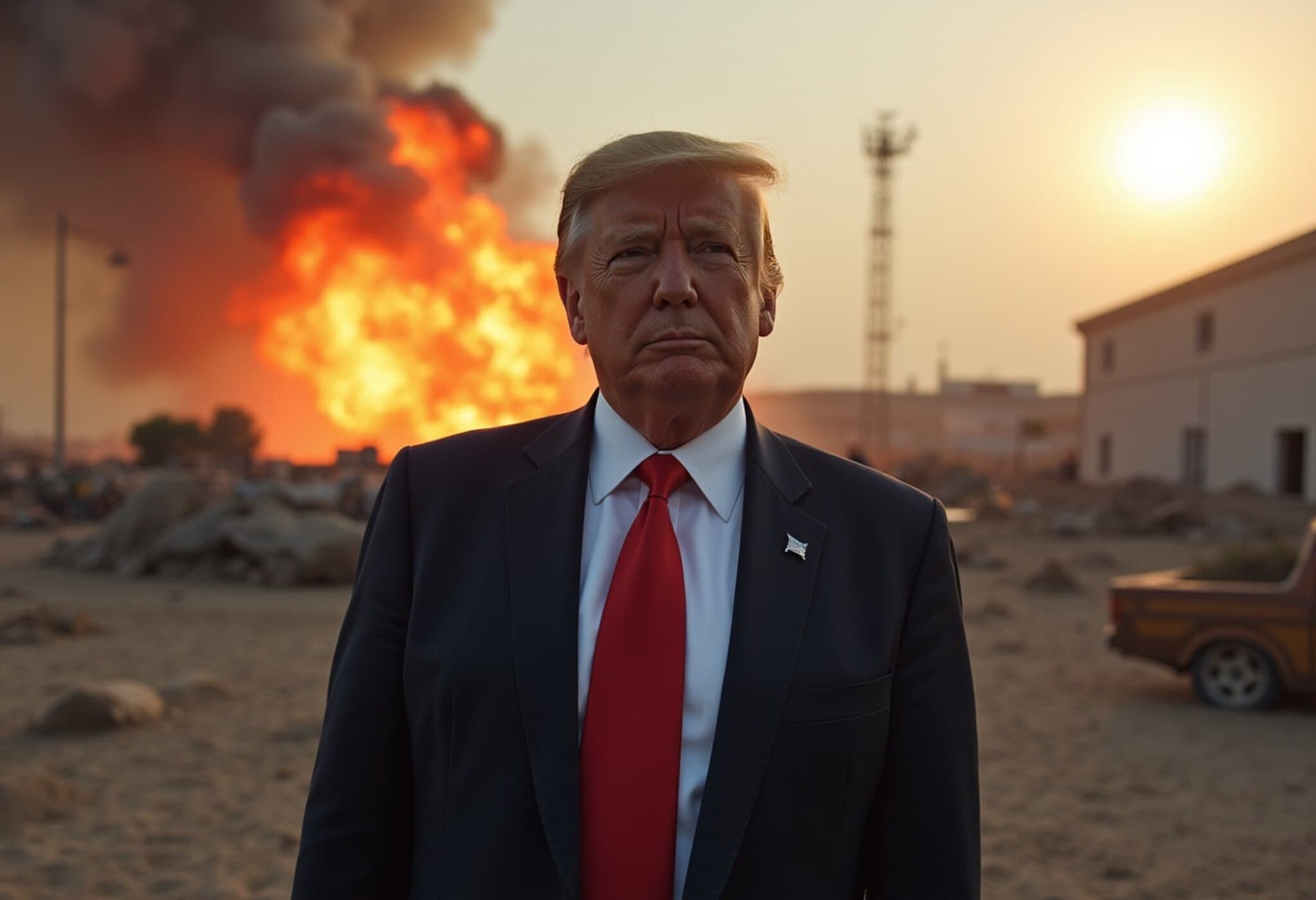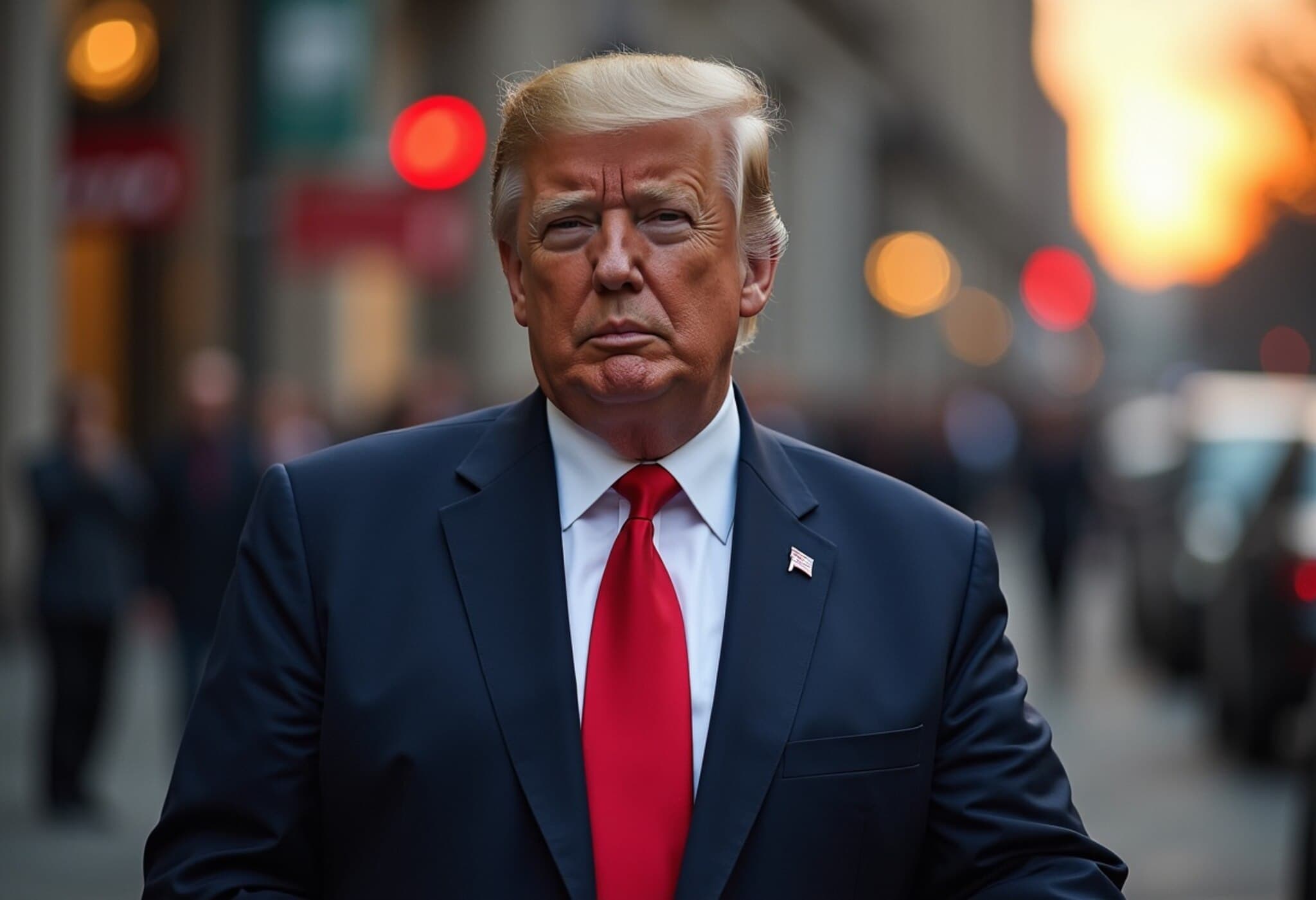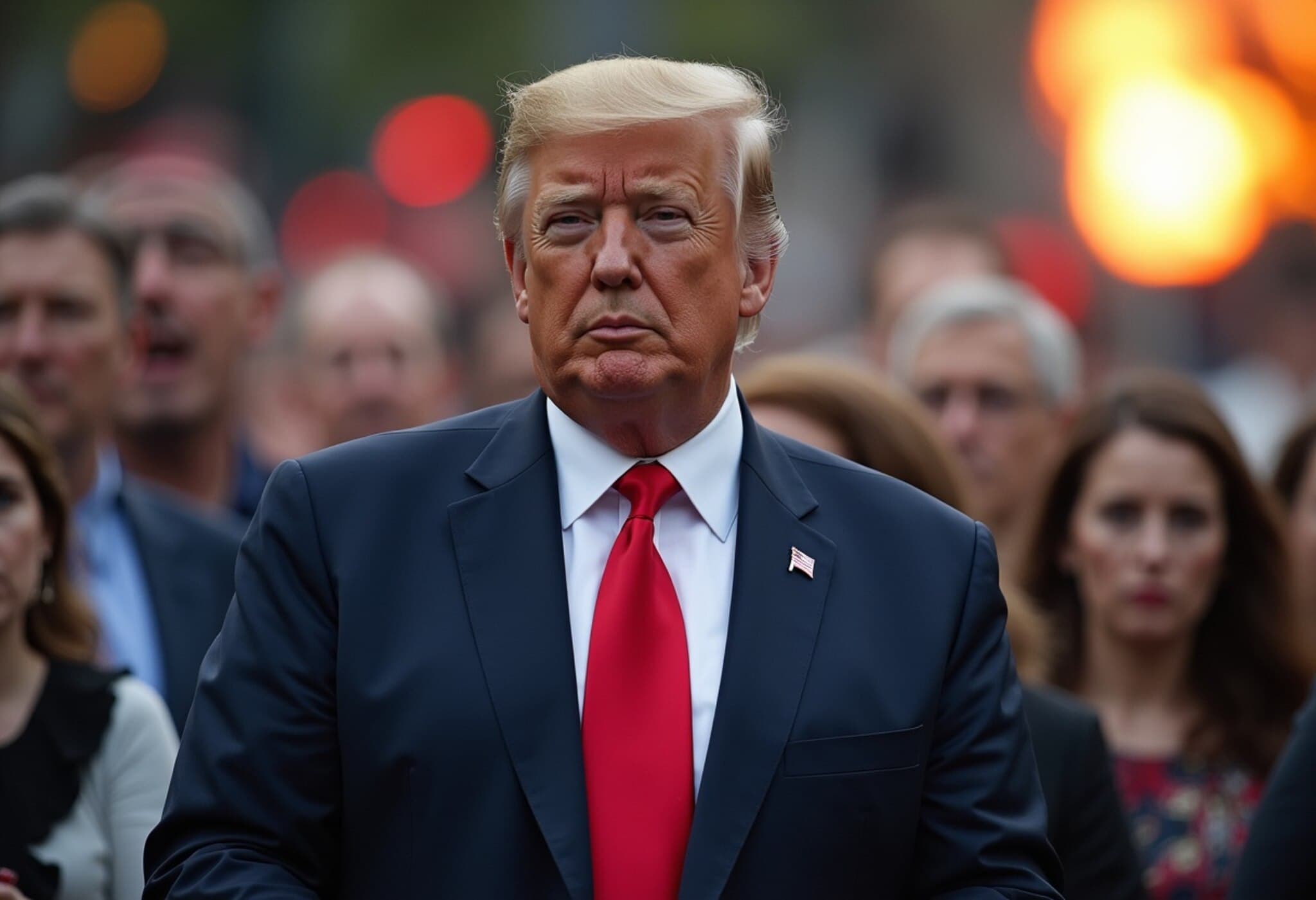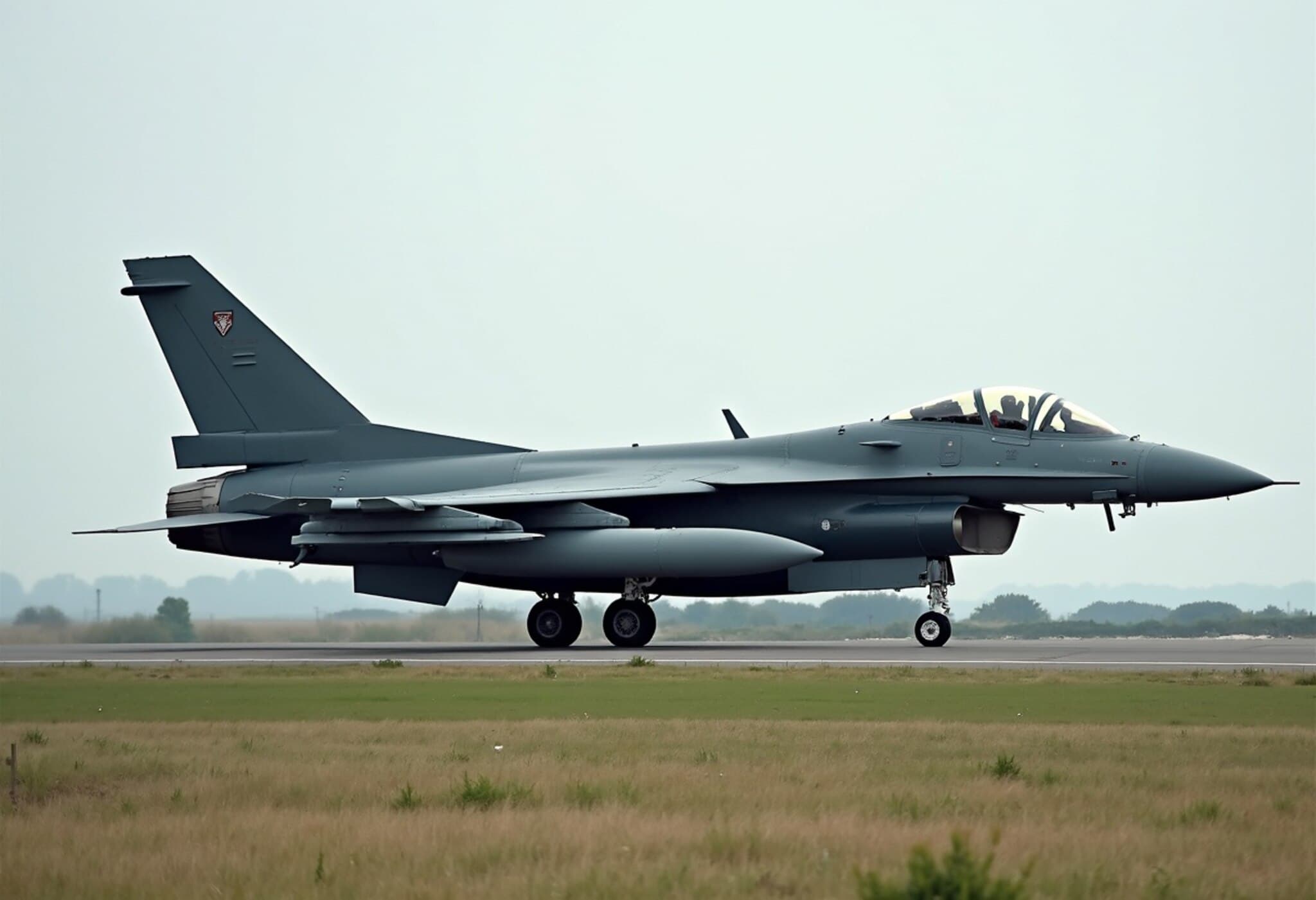Netanyahu Seeks US Backing Amid Rising Tensions with Iran
Since initiating air strikes against Iran last week, Israeli Prime Minister Benjamin Netanyahu has intensified efforts to draw President Donald Trump and the American public into supporting military action. Balancing praise with strategic persuasion, Netanyahu has portrayed the strikes as beneficial not only to Israel but also to the United States.
Appealing to American Security Concerns
In media appearances, Netanyahu posed pointed questions highlighting the threat of a nuclear-armed Iran, warning that missile advancements could eventually put US cities at risk. “Do you want these people to have nuclear weapons and the means to deliver them to you?” he asked during a Fox News interview.
He stressed the progression of Iran’s missile capabilities, cautioning that what threatens Tel Aviv today could endanger New York tomorrow. This messaging aims to frame Israel’s preemptive strikes as a line of defense for both nations.
Subtle Diplomacy and Strained Exchanges
This media blitz follows a year of complex interactions between Netanyahu and Trump, including two White House visits since January. Reports indicate that in April, Netanyahu requested US bunker-busting bombs designed to penetrate Iran’s underground nuclear facilities, but the request was initially declined.
Trump’s reluctance stems from his administration’s broader commitments to avoid deeper Middle East entanglements, especially given the skeptical stance of key figures in his political base who favor non-intervention.
Trump’s Ambivalence and Potential Shift
Despite past hesitations, Trump recently suggested he is open to direct US involvement, especially the possible deployment of the GBU-57 bunker-busting bombs against Iran’s Fordo nuclear stockpile. Speaking to reporters, he remarked: “I may do it, I may not do it,” signaling a decision expected within two weeks.
Strategic Influence and Calculated Moves
Experts note Netanyahu has skillfully tapped into Trump's personality, appealing to both his ego and desire for credit. Following subtle private green lights, Netanyahu moved forward with the strikes anticipating Trump might eventually embrace a more active stance.
Trump has publicly commended the Israeli operations, which have combined targeted killings of Iranian military figures, dismantling air defense systems, and repeated assaults on nuclear sites, marking significant tactical achievements.
The Limits of Influence
While Netanyahu’s lobbying is prominent, some analysts believe Trump’s own perceptions and past experiences, including an alleged Iranian assassination attempt against him, heavily shape the current policy direction. The request in question primarily concerns bombing the Fordo facility without broader invasion plans.
Public Opinion and Domestic Resistance
Polling suggests Americans broadly see Iran as hostile, with 50% labeling it an "enemy". Yet, only 16% support direct US military involvement in the Israel-Iran conflict, and opposition spans across all major political affiliations.
Among Trump’s allies, criticism is vocal. Former strategist Steve Bannon lambasted Netanyahu for pushing a conflict the US is expected to conclude. “Quit coming to us to finish it,” he harshly commented.
The Road Ahead
As Netanyahu continues to press his case, the US faces increasing pressure to decide its role in the escalating conflict. With key decisions looming, the world watches whether Washington will move from cautious backing to active engagement against Iran.

